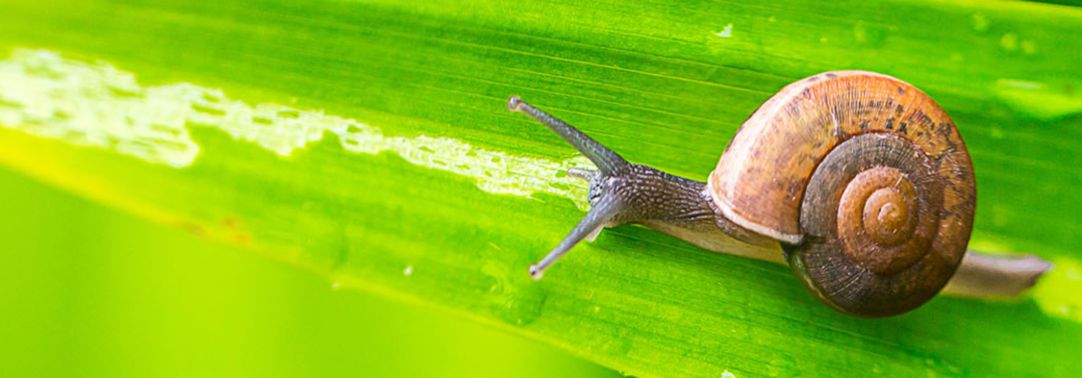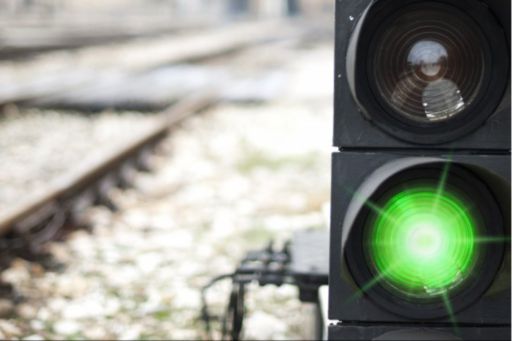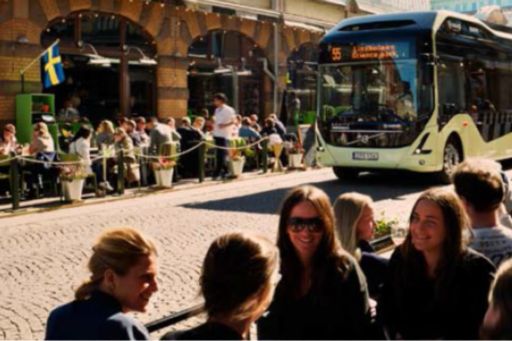Circular Economy
Circular Economy
A shift to a circular model will be unavoidable and KPMG is on the forefront to drive the transition with our experience and established network
A shift to a circular model will be unavoidable and KPMG is on the forefront to drive...
The concept of a Circular Economy comes in response to growing ambitions for sustainable growth in the context of the increasing pressure that production and consumption are having on global resources. Up until now, the economy has mainly operated on a “take – make – dispose” model, representing a linear approach. At a time when the global population is rapidly growing but resources and materials are simultaneously in decline, an alternative approach has to be found. The appropriate reaction to this challenge is to make better use of available resources and to shift the focus to reusing, repairing and refurbishing products and recycling existing raw materials.
But it goes far beyond the idea of a more efficient use of materials. The circular model requires thorough planning at the design phase of product conception in order to create a meaningful disassembling process that makes economic sense. Lastly, the producer aims to get the materials back to reuse them again in new products. This new thinking process at the design stage provides a unique opportunity to reflect on other important aspects of the production cycle as well, like using materials that are more energy efficient and avoiding harm to users’ health. Such improvements contribute to significant savings of capital investments – which turns out to be very attractive for investors in this sector.
The concept basically calls for broader considerations including thoughts about “using” instead of “owning”. In this context, the term “leasing society” refers to a general trend towards paying for a service and not necessarily a product. People are prepared to discuss, for example, if they really need to buy a window for their home or if it would be an acceptable alternative to receive the service “daylight” and “isolation” and pay a fee for this service.
One thing is for sure: opening the door for a circular economy is only possible through new and innovative business models and collaboration. Sooner or later a shift to a circular model will be unavoidable, solely due to further scarcity of materials. We at KPMG Luxembourg have developed the KPMG Circular Ecosystem and an end-to-end service offering to help your company move to a more circular future.
Connect with us
- Find office locations kpmg.findOfficeLocations
- kpmg.emailUs
- Social media @ KPMG kpmg.socialMedia





